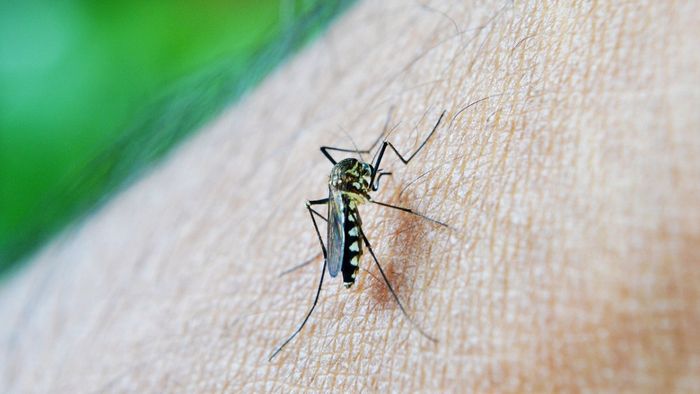Meghalaya intensifies fight against malaria, dengue after 14 deaths in two years
Meghalaya has ramped up its fight against malaria and dengue after 14 deaths in two years. Health Minister Ampareen Lyngdoh cites climate change as a major factor and stresses the need for early testing and eco-friendly insecticides.

- Jun 11, 2024,
- Updated Jun 11, 2024, 10:30 AM IST
Meghalaya has reported 14 deaths related to malaria and dengue over the last two years, prompting the state government to intensify efforts to combat these diseases, which have been exacerbated by the impact of climate change.
Health Minister Ampareen Lyngdoh, on June 10, acknowledged that climate change is taking a toll on the rise of malaria and dengue cases in the state. Expressing concern, she said, "Surprisingly enough, usually the ones under 18 are vulnerable to deaths due to malaria."
Lyngdoh emphasised the need for increased testing at ASHA services, particularly among children. "We have to ensure even if we disinfect drains and waterbodies, we have to use environment-friendly insecticides," she said, stressing the importance of using non-harmful disinfectants.
The minister also highlighted the issue of late reporting of fever, which has been a cause of death due to malaria or dengue. "We have noticed that late reporting of fever for a prolonged period is the cause of death due to malaria or dengue," Lyngdoh said, stressing the importance of communicating and re-communicating awareness to the public in all local dialects.
To address this, the government has created awareness messages through flyers, hardcopies, and social media. Lyngdoh stated that the government would engage with social media influencers to spread the message more effectively.
Lyngdoh expressed confidence in the medical team's efforts and hoped that casualties would be minimised. She also noted improved sanitation in various locations after her recent travel to 36 constituencies in the Shillong parliamentary seat.
The minister emphasised the importance of citizens familiarising themselves with redressal systems, such as early testing and sleeping under mosquito nets, to combat the spread of these diseases effectively.